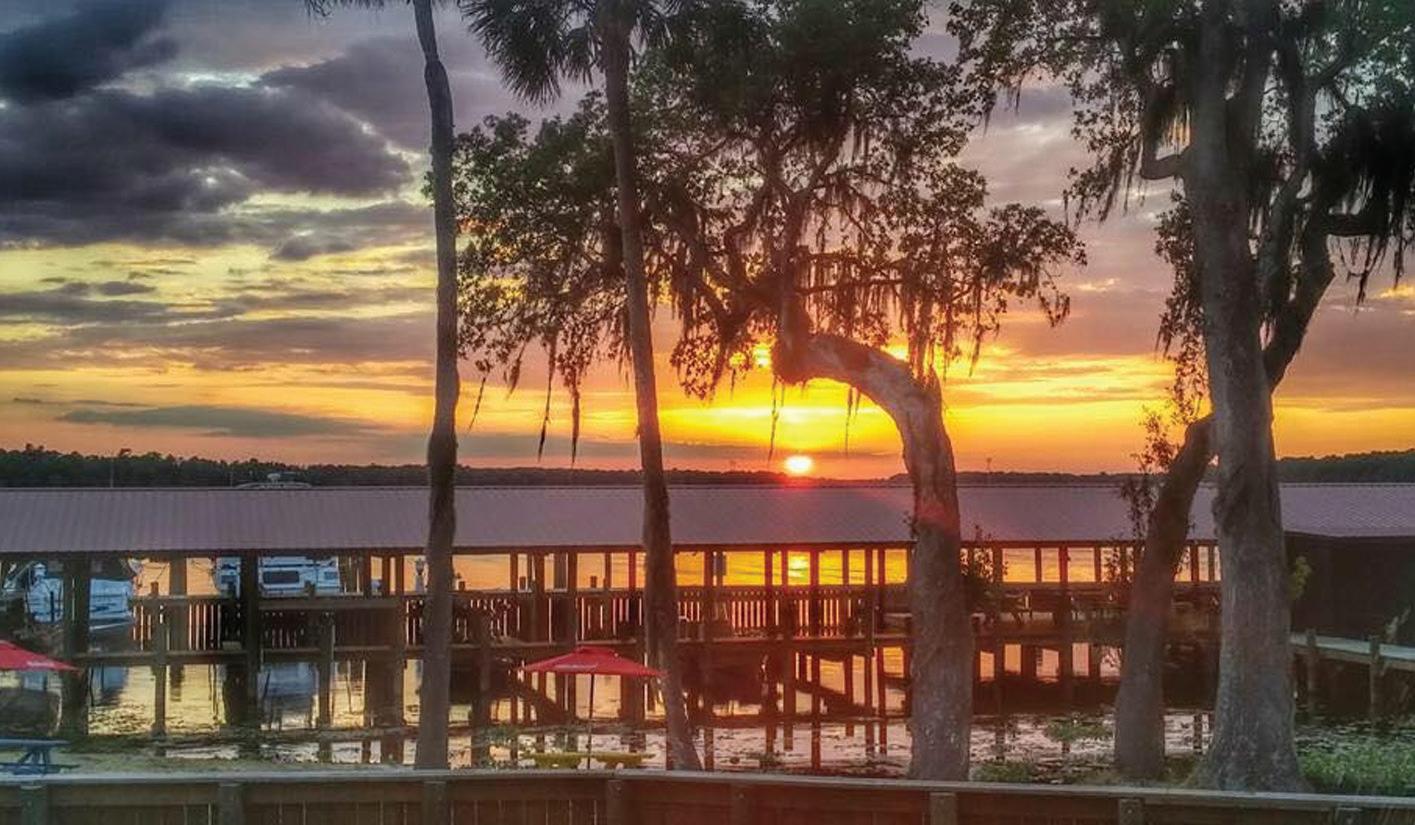
1 minute read
BROOKER BAIT & TACKLE
ASTOR BASS CLUB
The club was established over 25 years ago and is going stronger than ever. The club holds each tournament out of Midway Marina located in Astor Florida, 25127 E. Pearl St. on the first Sunday of each month. The Club was formed to bring anglers from around the area together so that they could compete against each other and more importantly enjoy the camaraderie that all bass anglers share for the sport of bass fishing. The club currently has 40 members and has approximatley 20-25 anglers that compete in each tournament.
Advertisement

Call (850) 212-7769 for more information or visit the Astor Bass Club Facebook page.

Fall is the time to exclude bats from your structures

The Florida bonneted bat is federally listed as an endangered species.

The Florida Fish and Wildlife Conservation Commission (FWC) advises the public that fall is the right time to exclude bats from your home or other structures. Exclusion is not permitted during bat maternity season, which runs from April 15 - Aug.15. Exclusion devices allow bats to safely exit a structure without reentry and are the only legal and appropriate method to remove bats from your home or building. It is illegal in Florida to kill or harm bats.

While the state’s native bats typically roost in trees, caves or other natural spaces, they are also attracted to human-made structures. Waiting until fall to exclude bats protects Florida’s beneficial bat populations by keeping them undisturbed while they give birth and raise their young, called pups. Bat exclusion is a multistep technique where all potential bat entry and exit points in a building are identified. To legally exclude bats, exclusion devices must be left up for a minimum of four nights and the low temperature must be forecasted to remain above 50 degrees during that time.
Florida boasts 13 native bat species, all of which are both ecologically and economically beneficial. These include the federally-listed Florida bonneted bat and the tricolored bat, which was proposed to be federally listed last year. All of the state’s bats are insectivores, with a single bat capable of eating hundreds of insects, such as mosquitoes or garden pests, in a single night. Bats’ worldwide impact is felt in their capacity as pollinators, seed dispersers and fertilizers.
The FWC suggests the following to aid native bat populations: unusual bat behavior, as well as sick or dead bats: MyFWC.com/ BatMortality.
Preserve natural roost sites, including trees with cavities or peeling bark.



For more information on proper exclusion techniques and ways you can help bats in Florida thrive, visit MyFWC. com/Bats.










